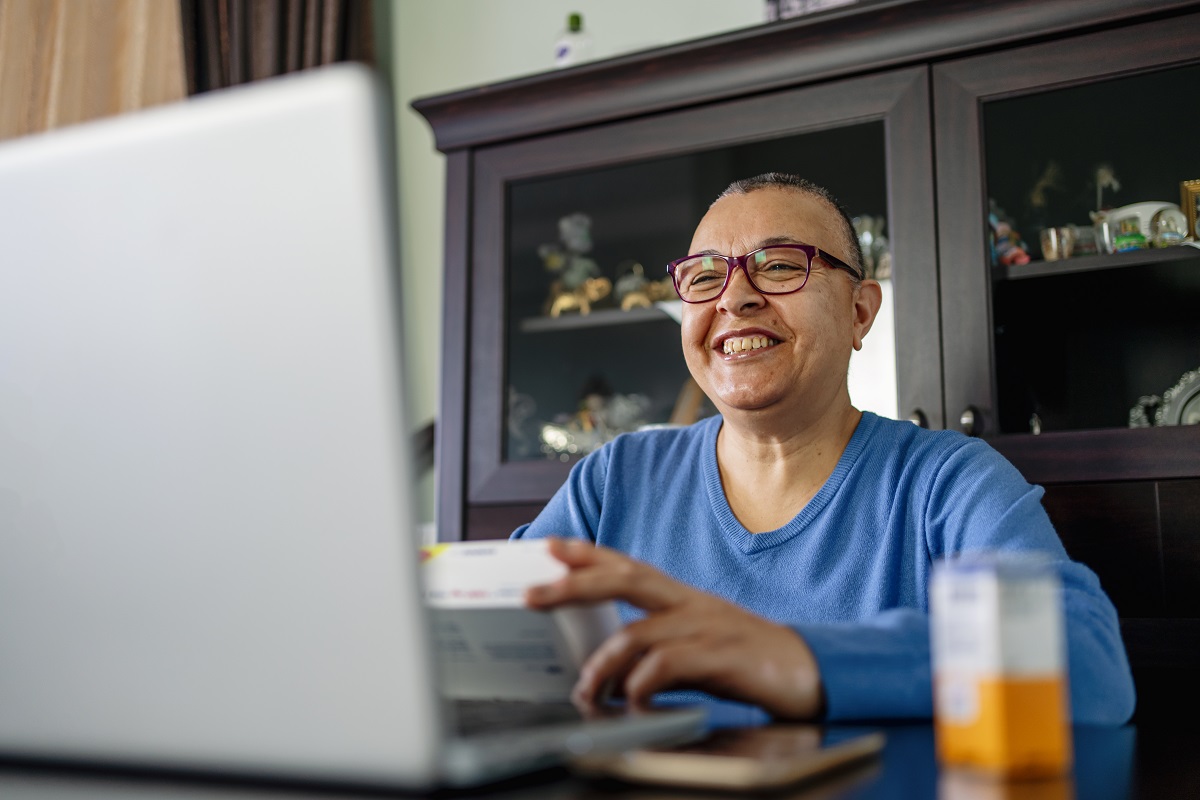
Not yet.
That’s the answer to Flinders University’s first Fearless Conversation for 2022, where cancer experts and research leaders including Caring Futures Institute Director Professor Raymond Chan discussed the question “Do cancer survivors get enough care?”
Taking place on the eve of World Cancer Day and facilitated by broadcaster and ambassador for Head & Neck Cancer Australia Julie McCrossin AM, the event involved Professor Chan, Director and Professor of Cancer Nursing at the Caring Futures Institute, Flinders’ Professor Bogda Koczwara, Clinical Psychologist Associate Professor Lisa Beatty and Research Support Officer Vikki Bedford, who is a proud mum to a childhood cancer survivor.
The panel explored how health services can better aid survivors of a disease that will directly affect one in two Australians by the age of 85 and how we can close the care gap for cancer survivors.
Over the one hour session, the online audience learned about the impact cancer can have on people’s lives and the current support mechanisms available for survivors. Among the many topics discussed – how a simple questionnaire could be used to assess problems that hadn’t been addressed through a standard program of care. Professor Chan shared his dream of an integrated, shared care model like the antenatal model currently embedded in the health system which could be rolled out to the benefit of cancer survivors.
The panel also discussed the tendency for cancer survivors to experience other conditions, such as cardiovascular disease, and the financial and emotional toll cancer can have on patients. The speakers agreed that a multidisciplinary approach is essential – with the patient’s GP playing a central role in tackling these challenges.
Associate Professor Beatty shared four common barriers to obtaining psychological help following a cancer scare, including a shortfall in staffing requirements, geographic isolation, subsequent illness and a preference to not reach out for help, often based on stigma.
From a research point of view, the participants were quick to highlight the importance of clinical trials actually being integrated into practice, with Professor Bogda emphasising we should “Never underestimate the power of advocacy of the people affected” and describing cancer survivors themselves as the best advocates.

